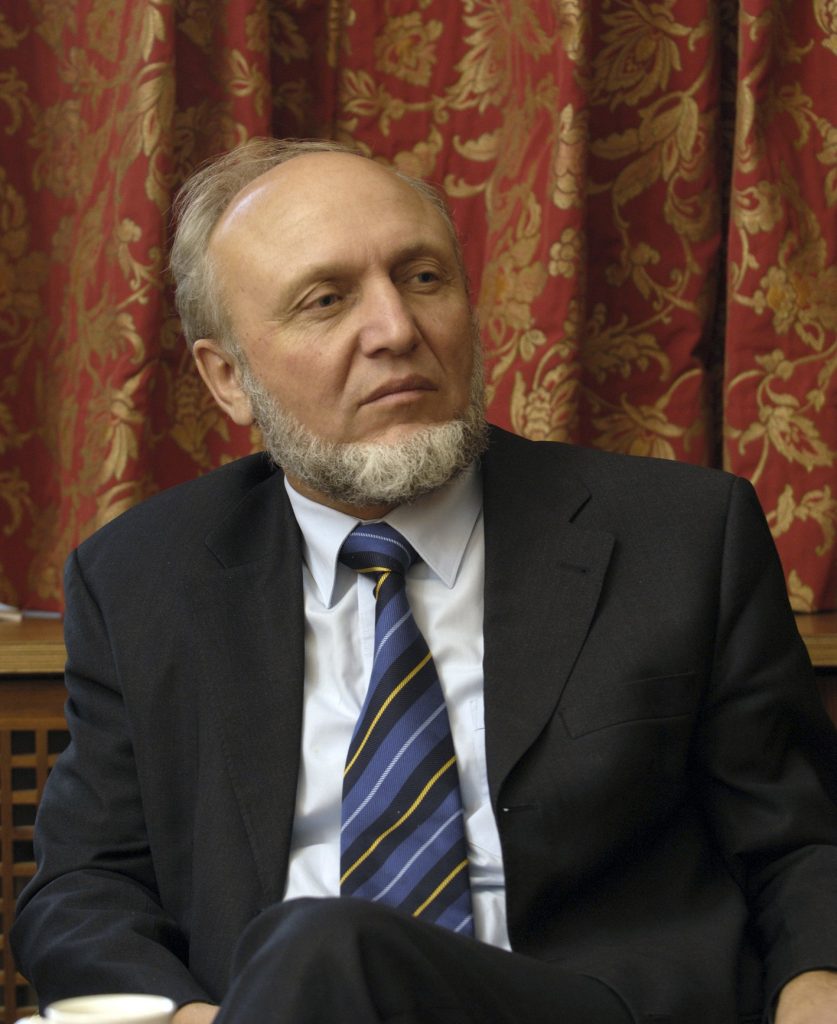The well-known German economist Hans-Werner Sinn wrongly attributes Hitler’s rise to power to the hyperinflation ten years earlier. This leads to misguided policy recommendations.
Philipp Heimberger is Economist at the Vienna Institute for International Economic Studies (wiiw)

Hans-Werner Sinn, one of Germany’s most influential economists, is fuelling a persistent German misconception in the discussion about the policy response to the Corona crisis. In an interview with the Neue Zürcher Zeitung (NZZ), he links the hyperinflation after World War I in the Weimar Republic, which impoverished the German middle class, to the apparent consequence: “Ten years later they elected Adolf Hitler as Reich Chancellor.”
Sinn is feeding a common misinterpretation of economic history. Mass poverty at the time when the Nazis came to power in 1933 did not result from hyperinflation, which had indeed ended ten years earlier. The rise in poverty was primarily a consequence of mass unemployment caused by the deep recession in the early 1930s. The Nazis had come to power in 1933 after years of deflation (i.e. falling consumer prices).
From 1930 onwards, Reich Chancellor Brüning used emergency decrees to increase taxes and drastically cut government spending, which riddled the social safety net. Fiscal austerity led to increased unemployment, exacerbated social suffering and contributed to political unrest. Hitler realised by the end of 1931 at the latest that Brüning’s austerity policies would “help my party to victory, and therefore put an end to the illusions of the present system“.
Analysis of data from four German elections between 1930 and 1933 indeed shows that voters in areas more affected by spending cuts and tax increases gave significantly more votes to the Nazis, thus supporting Hitler on his rise to power.
Hyperinflation was indeed a traumatic event for large parts of the German population. But there is no straight line from the hyperinflation to the rise of the Nazis. Even if one were to agree with Sinn that hyperinflation “prepared the breeding ground for the Nazis”, his comparisons would remain problematic: why should the ECB’s monetary policy today lead to hyperinflation similar to the early 1920s?
Direct government financing by the German central bank back then was very different from ECB monetary policy today. The ECB is not directly financing governments. It is buying bonds from investors, which primarily increases the central bank reserves held by commercial banks, but does not trigger inflation while economies are running well below their productive capacities. The current problem is deflationary pressure; even in Germany, inflation rates have been negative over recent months.
Why must Hans-Werner Sinn – after years of inflation warnings that have so far not materialised – insist on more warnings of hyperinflation? He fails to convincingly explain the mechanisms through which current policies are supposed to cause hyperinflation.
Hans-Werner Sinn, resorting to his misinterpretation of economic history, does not only call for a more restrictive monetary policy stance, but also for “tighter budget constraints” after Corona to prevent hyperinflation. Sinn’s call for a rapid shift to fiscal consolidation to prevent a political turn to the right after Corona is a dangerous distortion, given that the negative effects of austerity policies were an essential factor in the early 1930s in the Nazi’s eventual rise to power.
A representative survey by Haffert, Redeker and Rommel shows that only one in 25 Germans today still knows that the crisis at that time was characterised by deflation. Almost half of the respondents conflate the mass unemployment and poverty of the early 1930s with the hyperinflation ten years earlier. Incidentally, this misconception is much more common among well-educated and politically interested Germans. In other words: those who are following the ECB’s monetary policy closely are, therefore, much more likely to draw the wrong lessons from German history, and from being misled by comments such as those made by Hans-Werner Sinn.
The effects that rampant inflation had on the Weimar Republic are deeply engrained in the German collective memory. Hans-Werner Sinn’s recent interview is a prominent exhibit for this kind of thinking. Given this reading of history, Sinn is more concerned about any form of expansionary monetary policy, even in a potentially deflationary environment.
Hitler came to power after years of deflation, exacerbated by fiscal austerity. Nevertheless, fear of deflation is hardly to be found in Germany, while prominent commentators continue to foster hyperinflation anxieties. Germans are to a large extent misremembering their own history.
Misinterpretations of history can be momentous if they lead economic policy down the wrong track. To prevent this, prominent economists such as Hans-Werner Sinn must not go unchallenged when they fuel such dangerous misconceptions.
We have begun our Fundraising Campaign 2020. Help BRAVE NEW EUROPE bring authors at the cutting edge of progressive thought together with activists and others with articles like this. If you would like to support our work and want to see more writing free of state or corporate media bias and free of charge, please donate here.


Be the first to comment